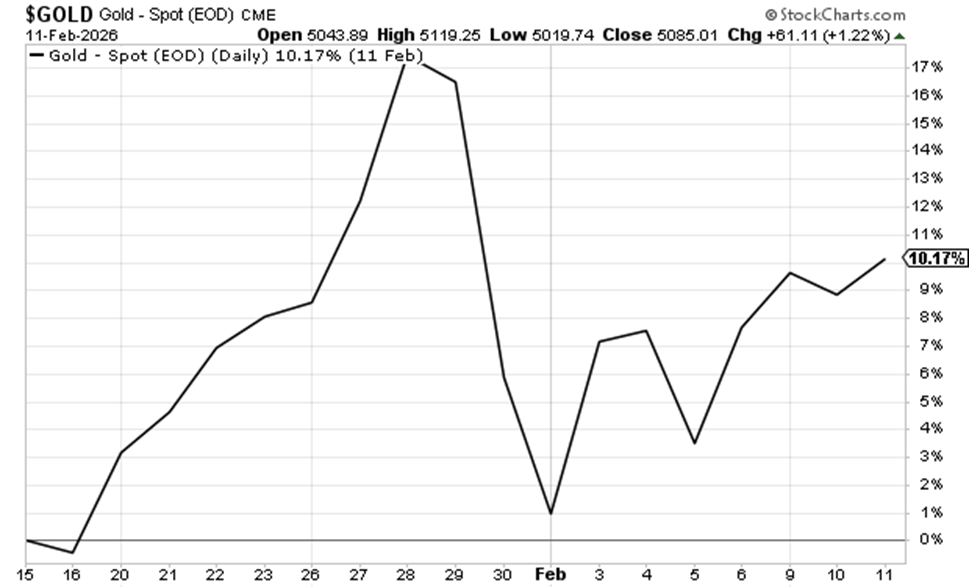Microsoft MSFT is stepping into the quantum realm by teaming up with Quantinuum to pioneer a significant breakthrough in quantum computing. Quantum computing, reliant on qubits for processing, faces a bottleneck due to error-prone qubits. Microsoft’s novel strategy involves enhancing physical qubit quality and employing advanced methods to create reliable virtual qubits, known as logical qubits.
Microsoft’s achievement is a product of amalgamating their qubit-virtualization system with Quantinuum’s specialized hardware. By successfully executing multiple active syndrome extractions without compromising logical qubits, they paved the way for longer and more intricate computations without failures – a milestone in quantum error correction.
Marrying Microsoft’s system with Quantinuum’s H-Series ion-trap qubits and unique Quantum Charged Coupled Device architecture, the duo boasts a remarkable two-qubit gate fidelity of 99.8%. This collaboration led to the creation of four dependable logical qubits from merely 30 physical qubits, showcasing an 800-fold reduction in error rates.
By integrating these reliable logical qubits into Azure Quantum Elements, Microsoft promises a hybrid computing experience merging cloud high-performance computing, advanced AI models, and enhanced quantum-computing capabilities. Microsoft’s quest for dependable quantum computing is further highlighted by their aim to develop topological qubits with error rates less than one in 100 million operations.
Marking a critical accomplishment, Microsoft fulfills three fundamental criteria essential for transitioning from intermediate-scale quantum computing to reliable quantum computing, including achieving a substantial gap between logical and physical error rates, rectifying individual circuit errors, and establishing entanglement between logical qubits. The successful active syndrome extraction on two logical qubits signifies a significant leap towards reliable quantum computing.
Impacts on the Competitive Landscape
As per a MarketandMarkets report, the quantum computing market is estimated to reach $1.3 billion by 2024 and soar to $5.3 billion by 2029, showcasing a remarkable CAGR of 32.7%. This growth trajectory sets the stage for tech giants like Microsoft, International Business Machines IBM, IonQ, and Rigetti Computing to compete in harnessing quantum mechanics for computing speeds surpassing traditional silicon-based systems.
Technological Advancements by Tech Titans
IBM, through its IBM Quantum Network, collaborates with over 250 Fortune 500 companies and academic institutions. The introduction of the IBM Quantum Heron, the first in a new series of utility-scale quantum processors, showcases IBM’s commitment to innovation. Rigetti Computing, on the other hand, unveiled the 84-qubit Ankaa-2 quantum computer, marking a significant leap in error performance. The company’s collaboration with Riverlane to explore the integration of quantum computers with supercomputing centers underlines their pioneering role in quantum error correction.
The Road Ahead for Quantum Computing
IonQ, known for its quantum computing capabilities, inaugurated its first quantum manufacturing facility in Seattle, WA. Their latest quantum computer, IonQ Forte, became available on Amazon Braket, empowering Amazon Web Services’ quantum computing service. Despite evolving competition, Microsoft remains steadfast in its pursuit of quantum supremacy, aiming to enhance its competitive edge in the tech industry by integrating reliable logical qubits into Azure Quantum Elements.
*By keeping a close eye on quantum advancements, investors can navigate the evolving tech landscape with confidence.*







